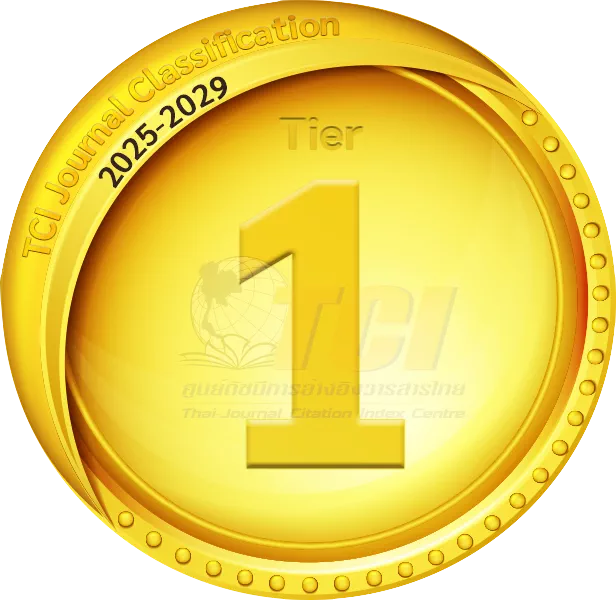The Development of a Management Model for the Royal Thai Armed Forces Academy Schools Towards Intelligent Organizations
Abstract
The objectives of this research were 1) to study the conditions and problems of the management in the Royal Thai Armed Forces Academy Schools and armed forces schools in foreign countries and 2) to present a management model for the Royal Thai Armed Forces Academy Schools according to the concept of an intelligent organization. Sample groups consisted of 1) people who gave their opinions about the conditions of the management in the Royal Thai Armed Forces Academy and foreign countries‘ schools, consisting of the chief executives, directors of education divisions, and professors of Chulachomklao Royal Military Academy, the Royal Thai Naval Academy and the Royal Thai Air Force Academy, with a total number of 254 selected by simple random sampling method. 2) the officers who graduated from foreign armed forces schools in the United States of America, Japan, and Australia in 2004-2009, with a total number of 18 selected by purposive sampling method. 3) people who gave their opinions about the definition of an intelligent business organization‘s aspects, consisting of executive administrators or human resource managers of private organizations, with a total number of 10 selected by purposive sampling method. The instruments employed in this research were documentary analysis, content analysis, interviews, and questionnaires. The research results showed that the managements in the Royal Thai Armed Forces Academy, - including academic, financial, human resource, general, technology and student affairs management- should be improved. The managements of
the foreign countries‘ armed forces academy schools were satisfactory in the opinion of their graduates. A proposed management model for The Royal Thai Armed Forces Academy Schools consisted of issues involving 1) adaptability 2) innovation 3) identity 4) qualitative administration 5) etiquette 6) information technology 7) human resources development 8) working to full potential and 9) being happy and ready to return benefit to the society
Downloads
How to Cite
Issue
Section
License
The submitting author warrants that the submission is original and that she/he is the author of the submission together with the named co-authors; to the extend the submission incorporates text passages, figures, data, or other material from the work of others, the submitting author has obtained any necessary permission.
Articles in this journal are published under the Creative Commons Attribution License (CC-BY What does this mean?). This is to get more legal certainty about what readers can do with published articles, and thus a wider dissemination and archiving, which in turn makes publishing with this journal more valuable for you, the authors.



